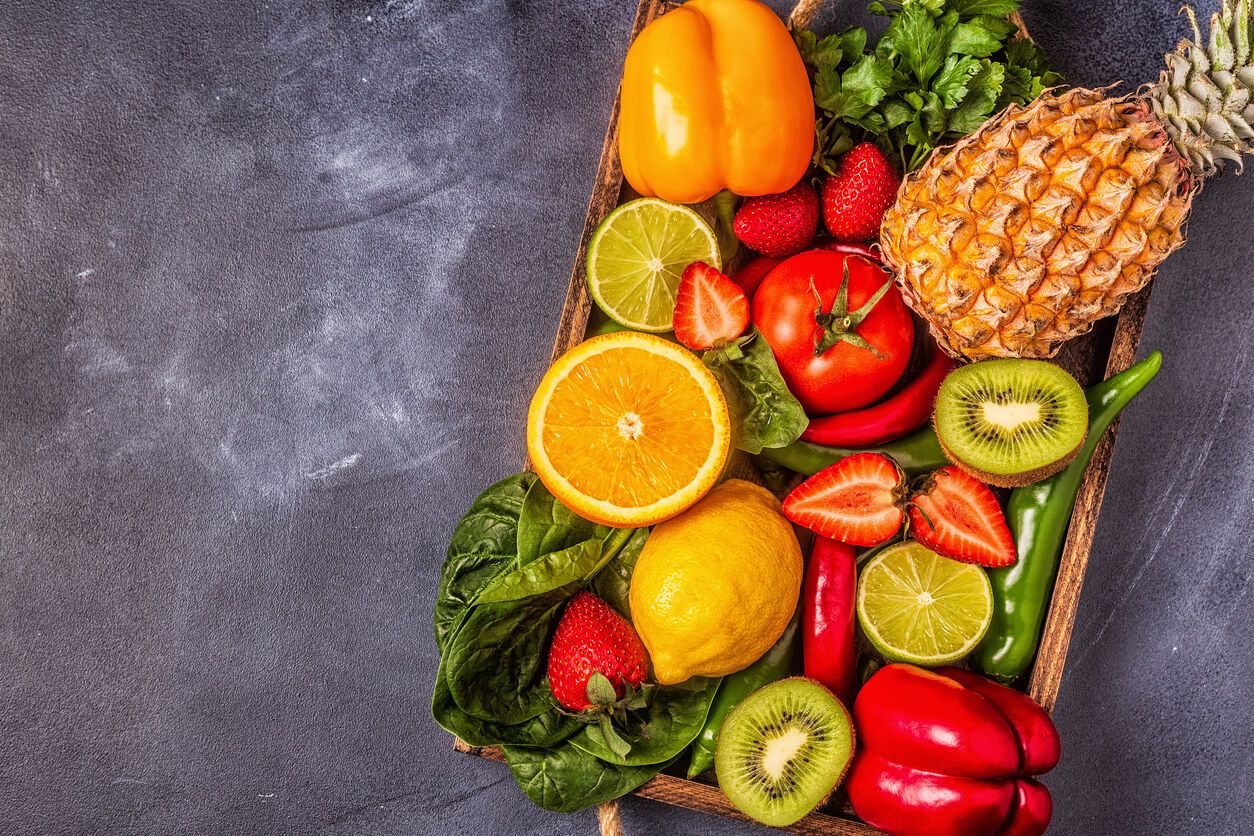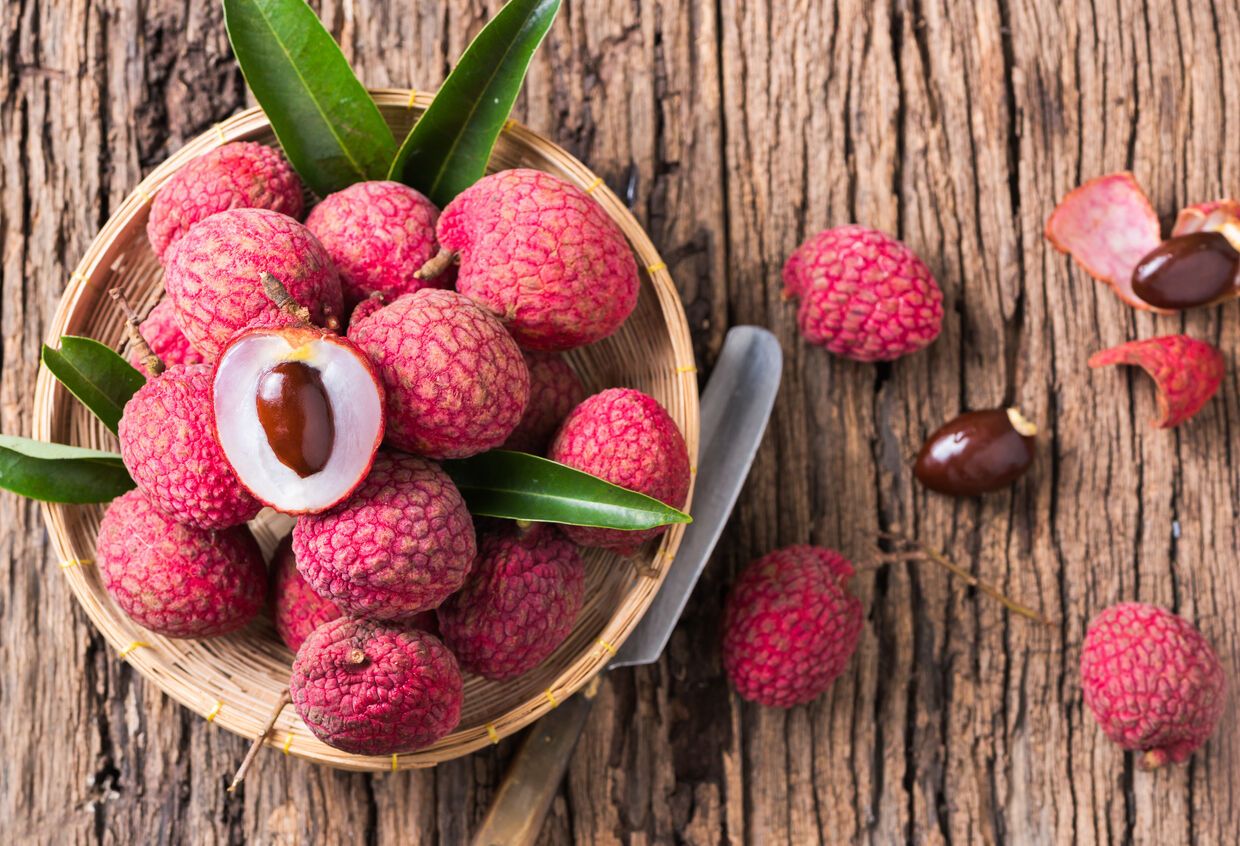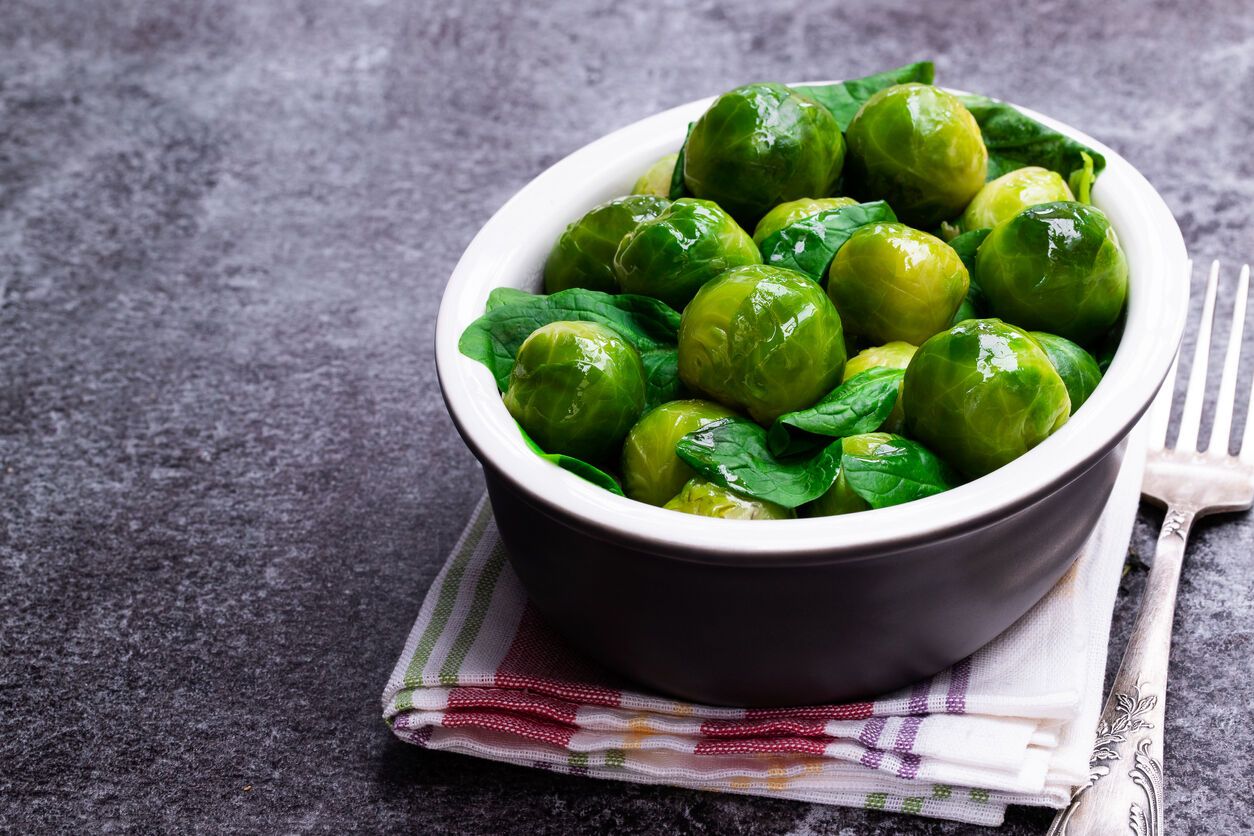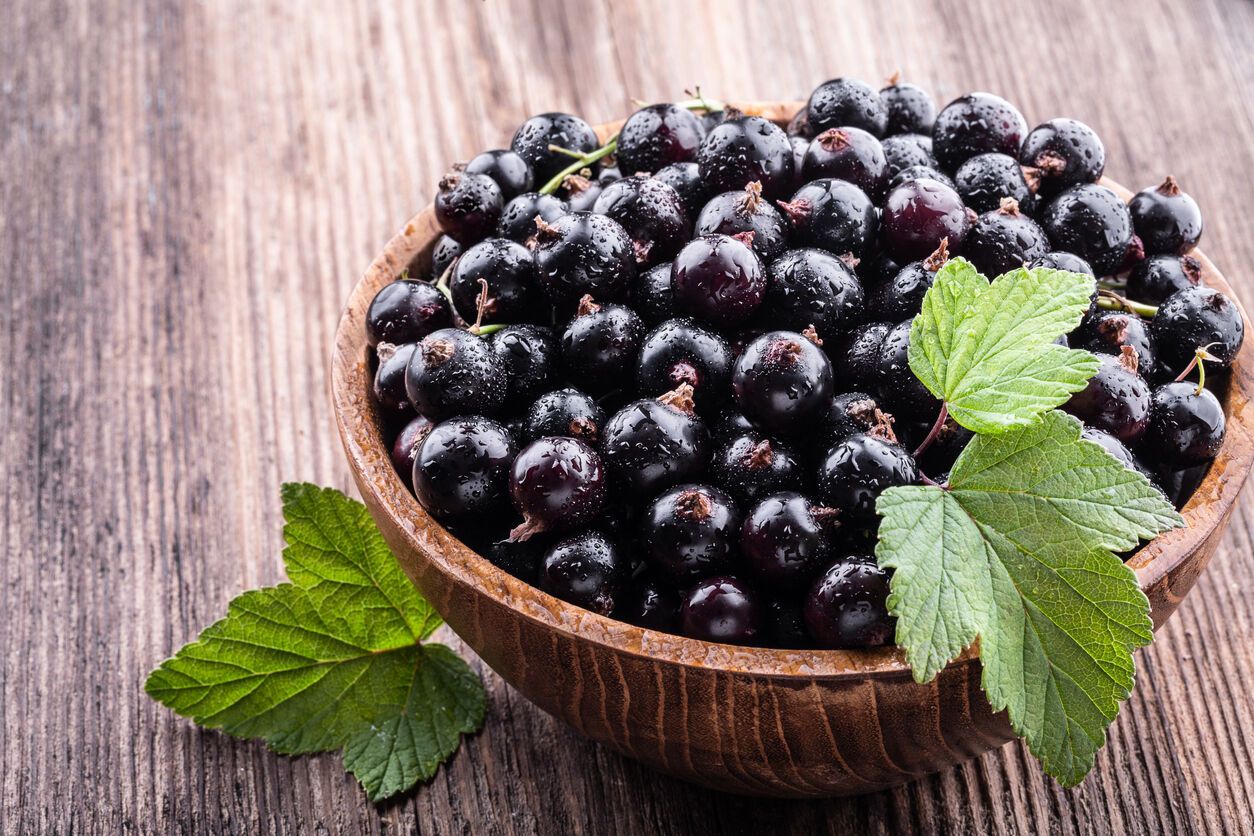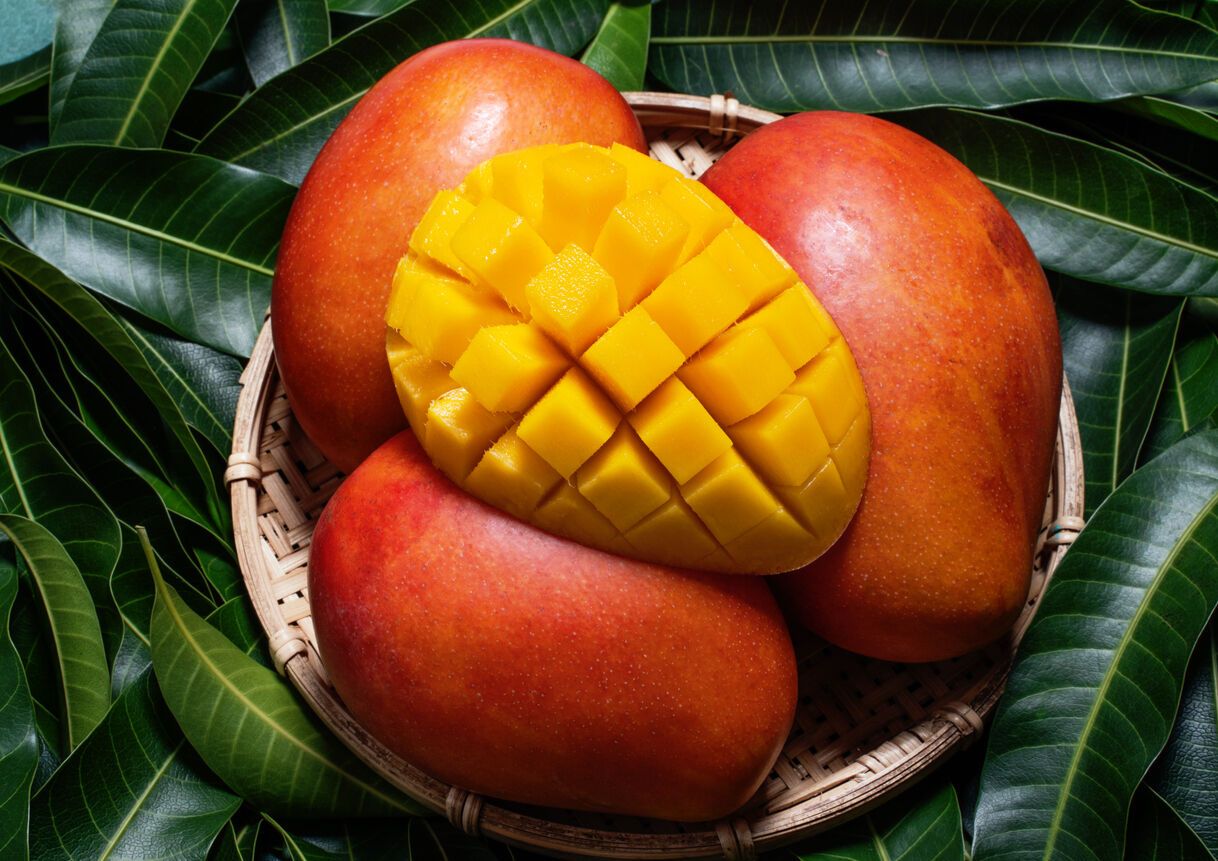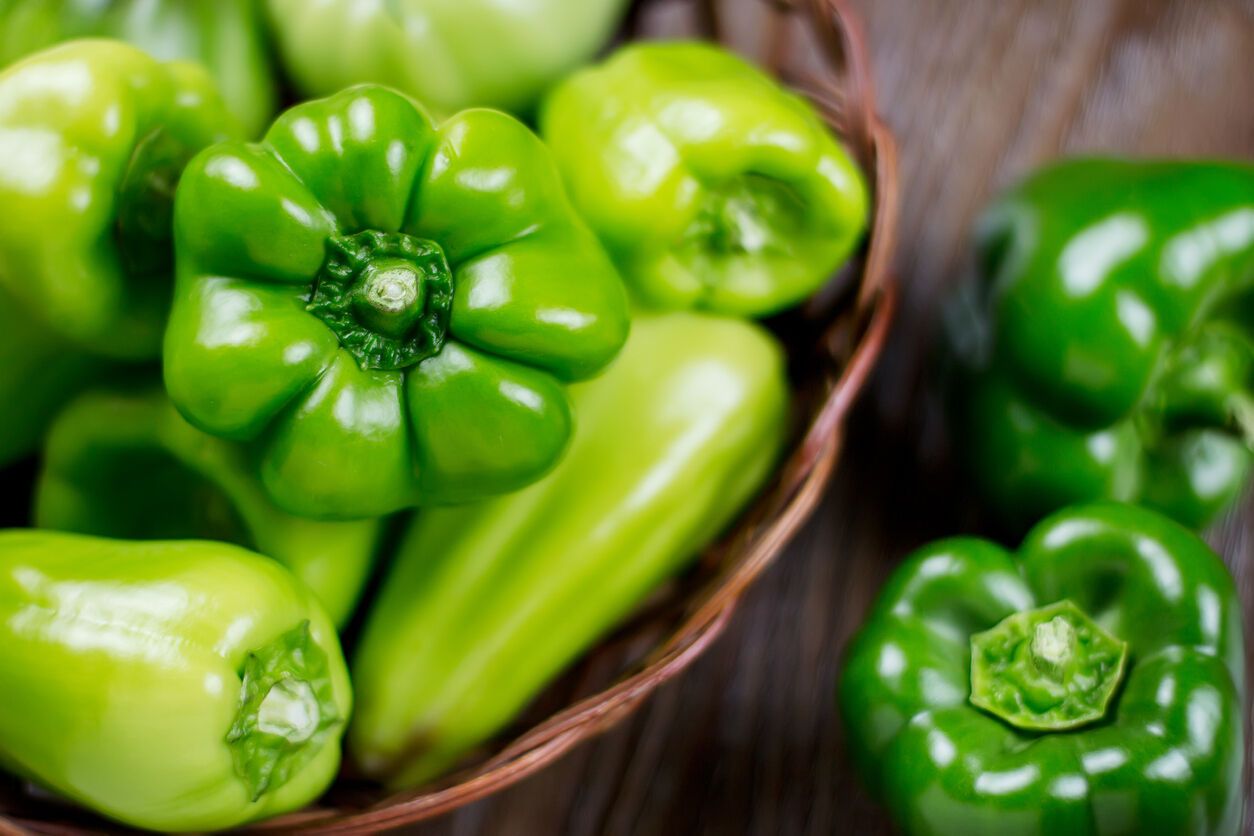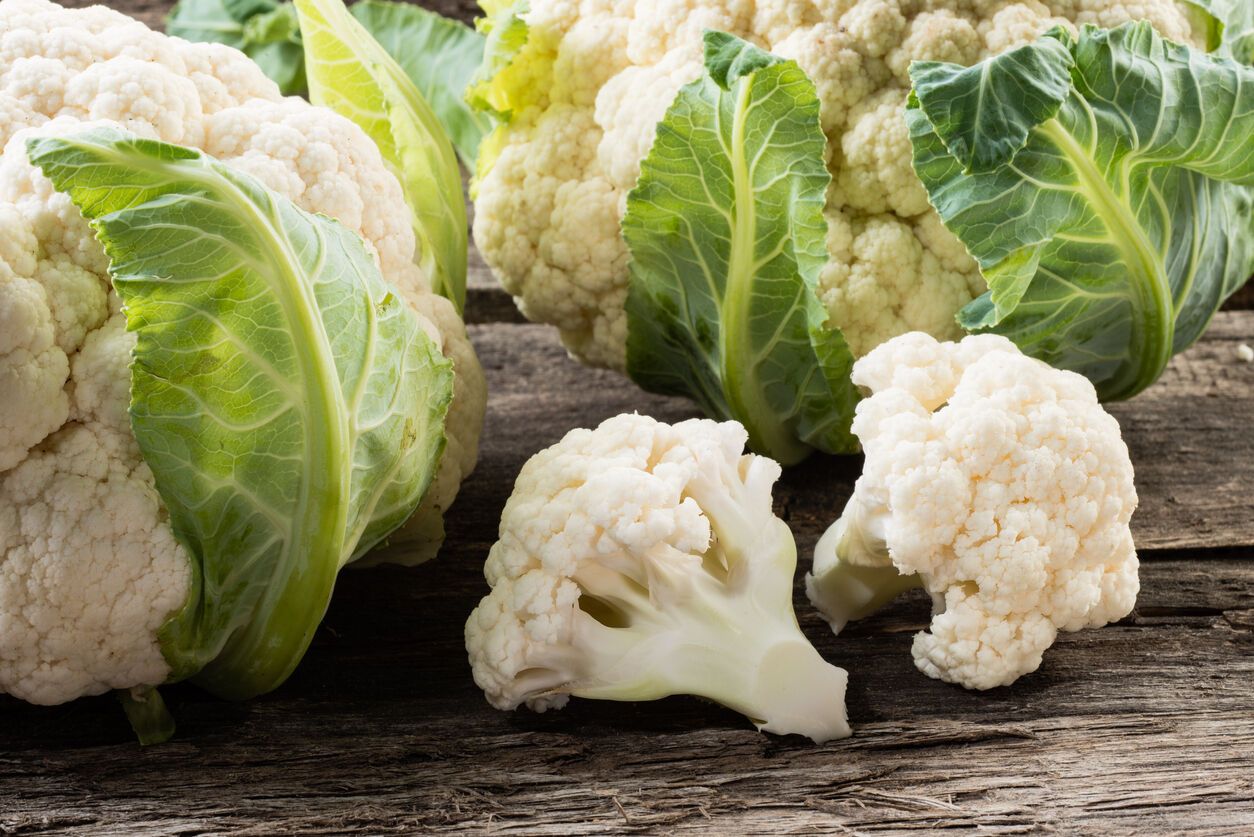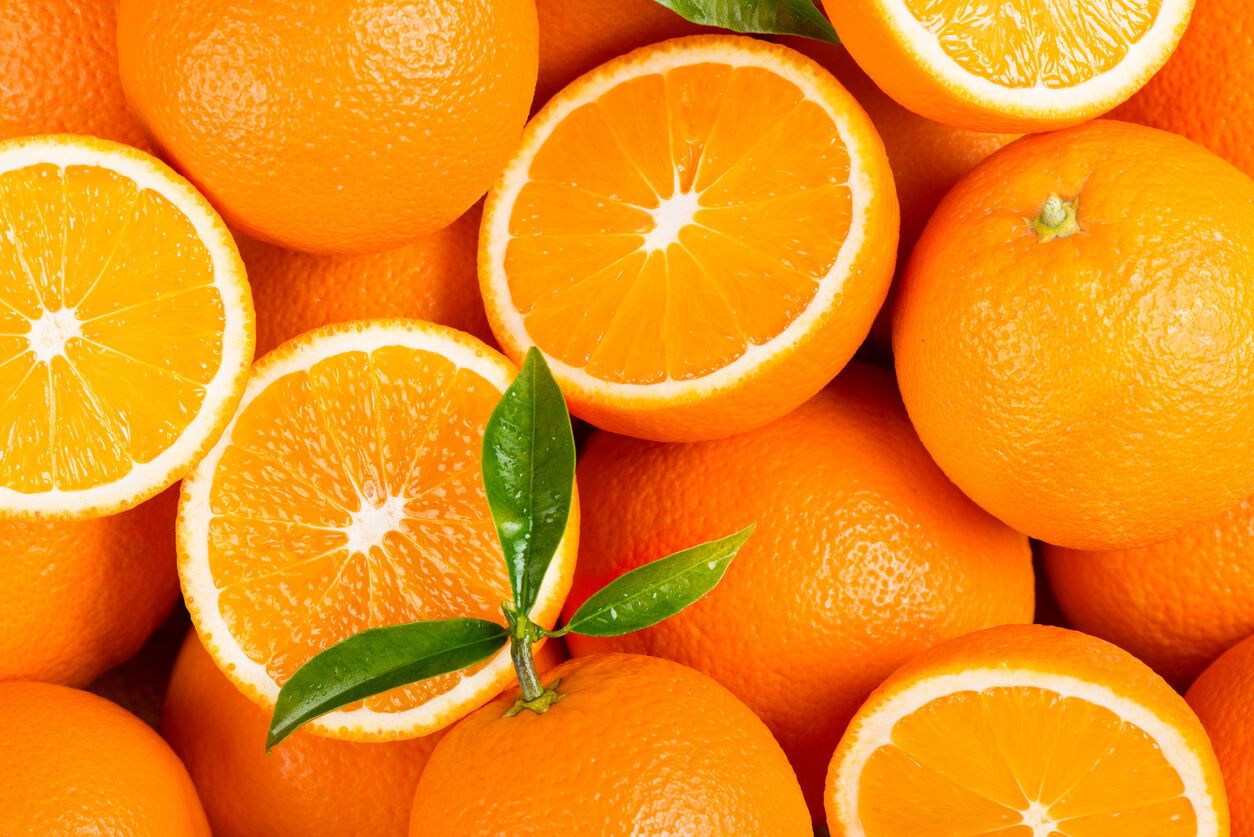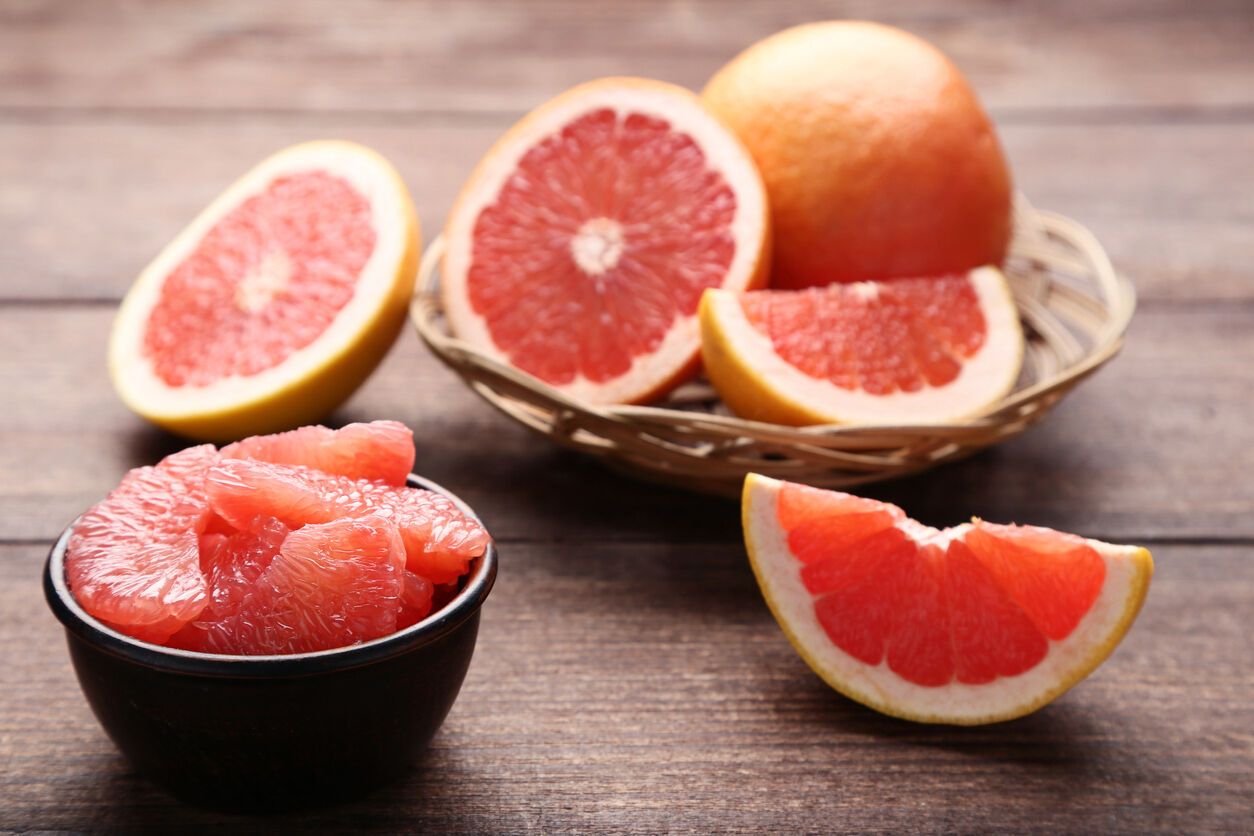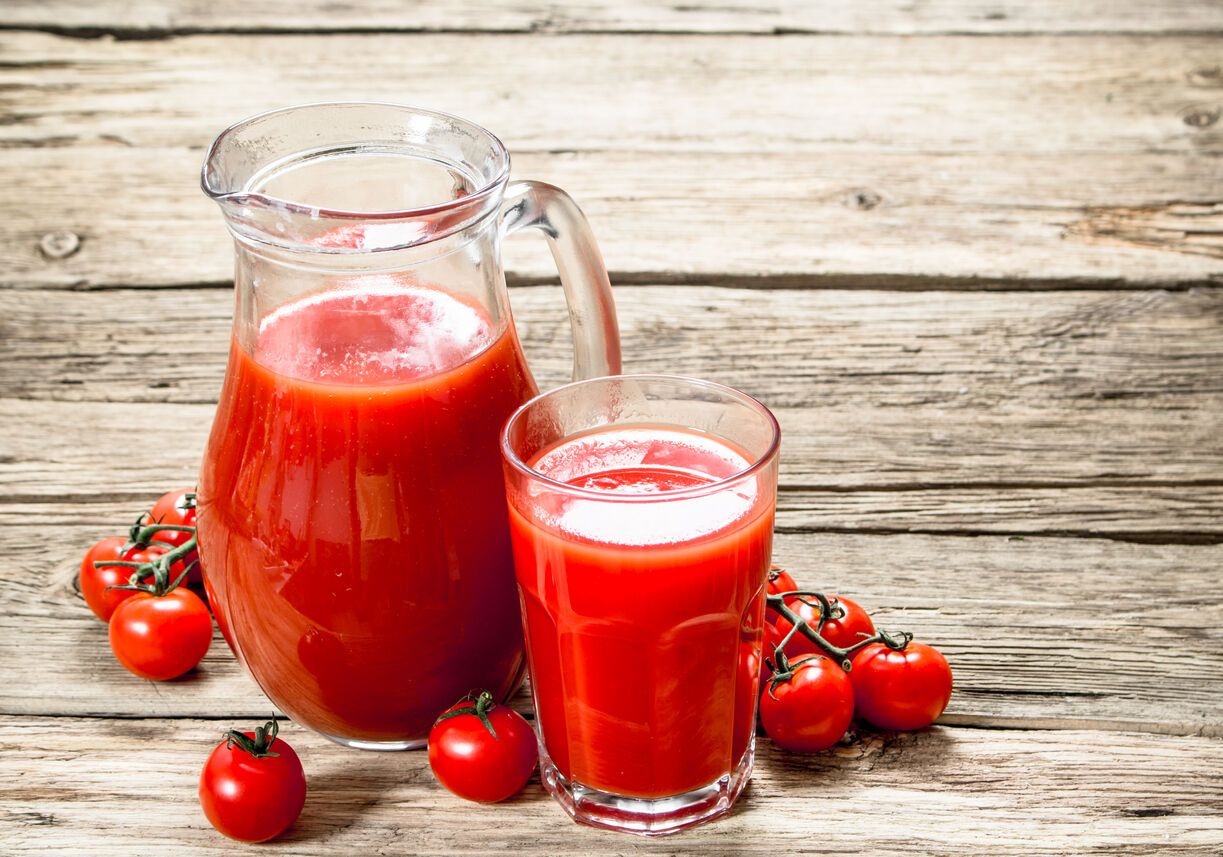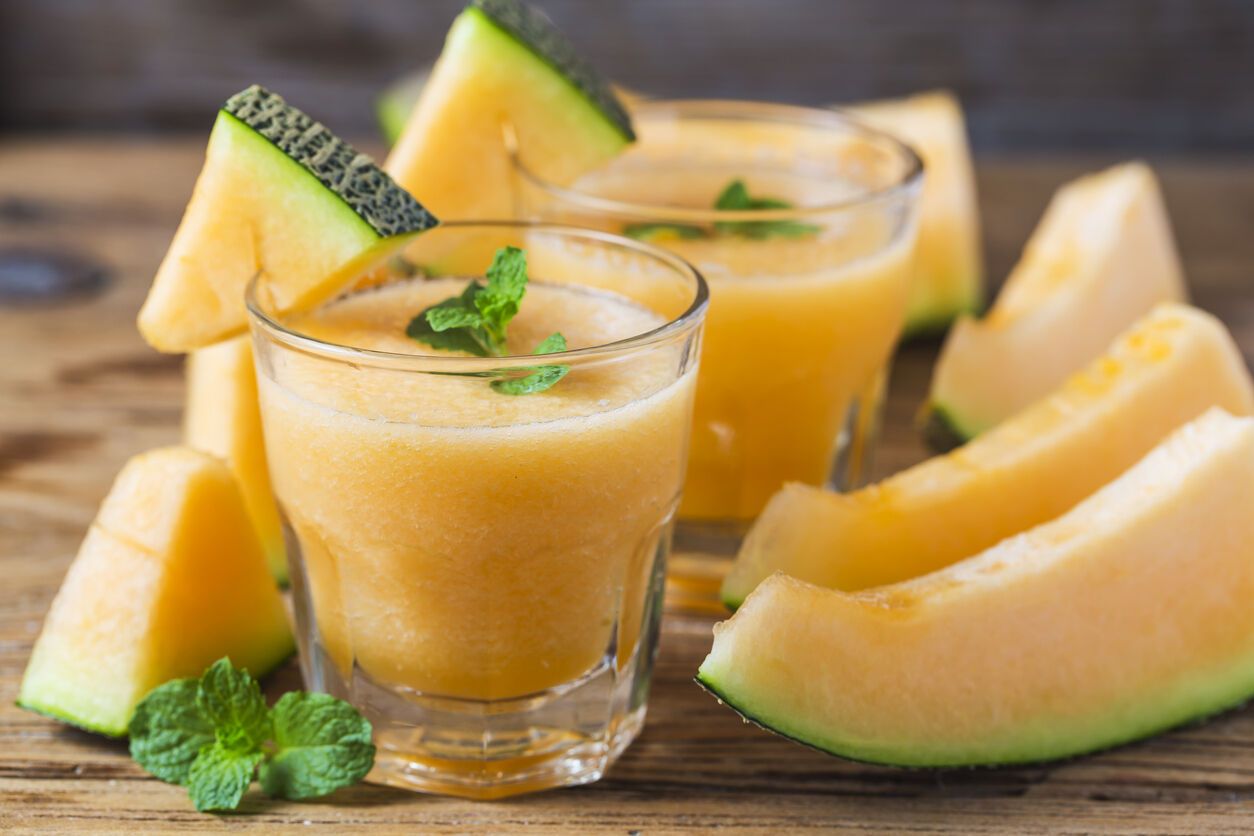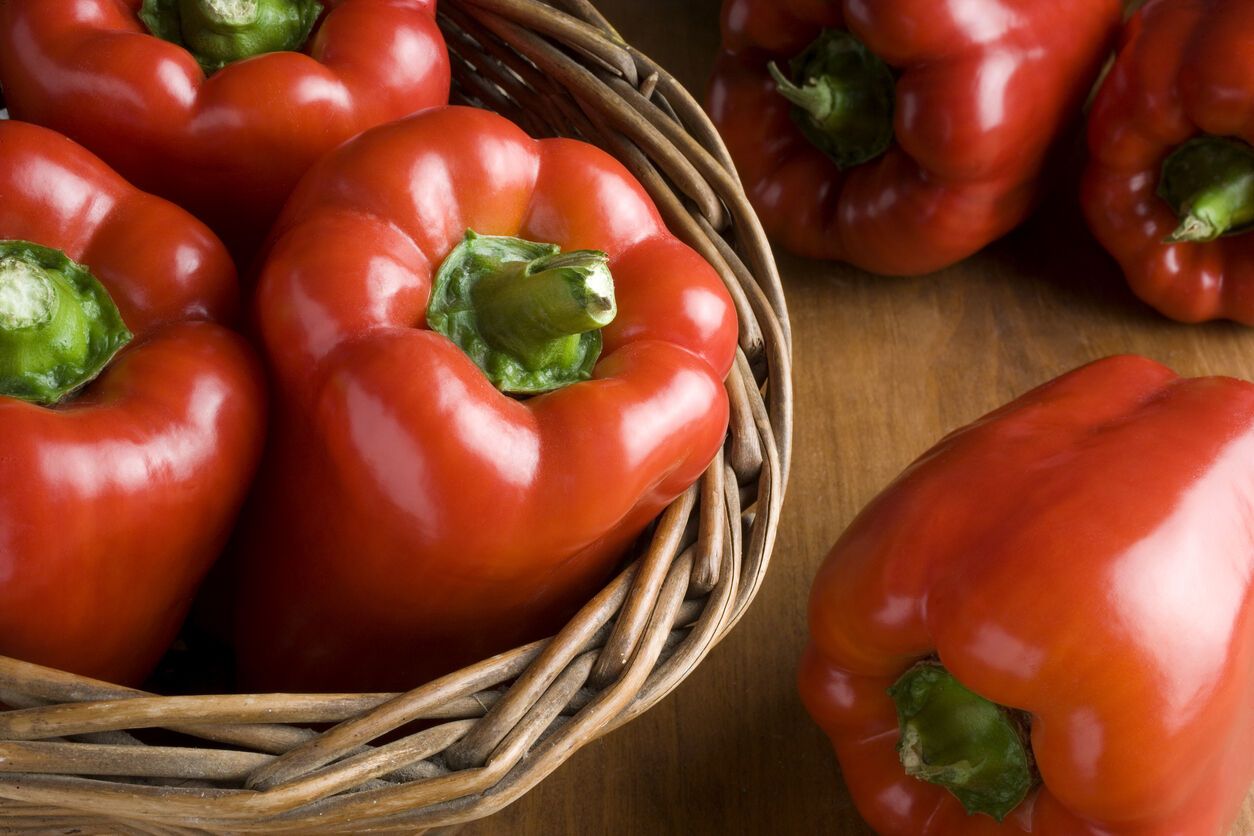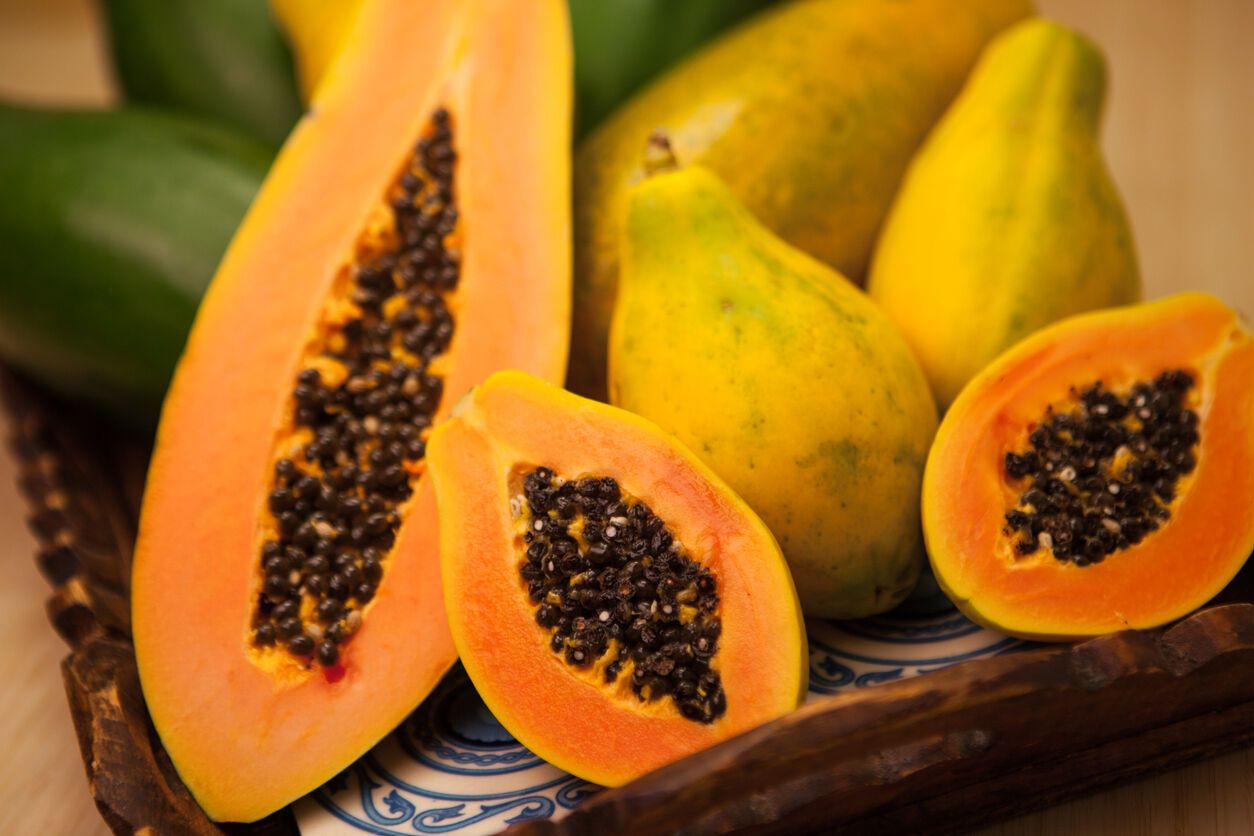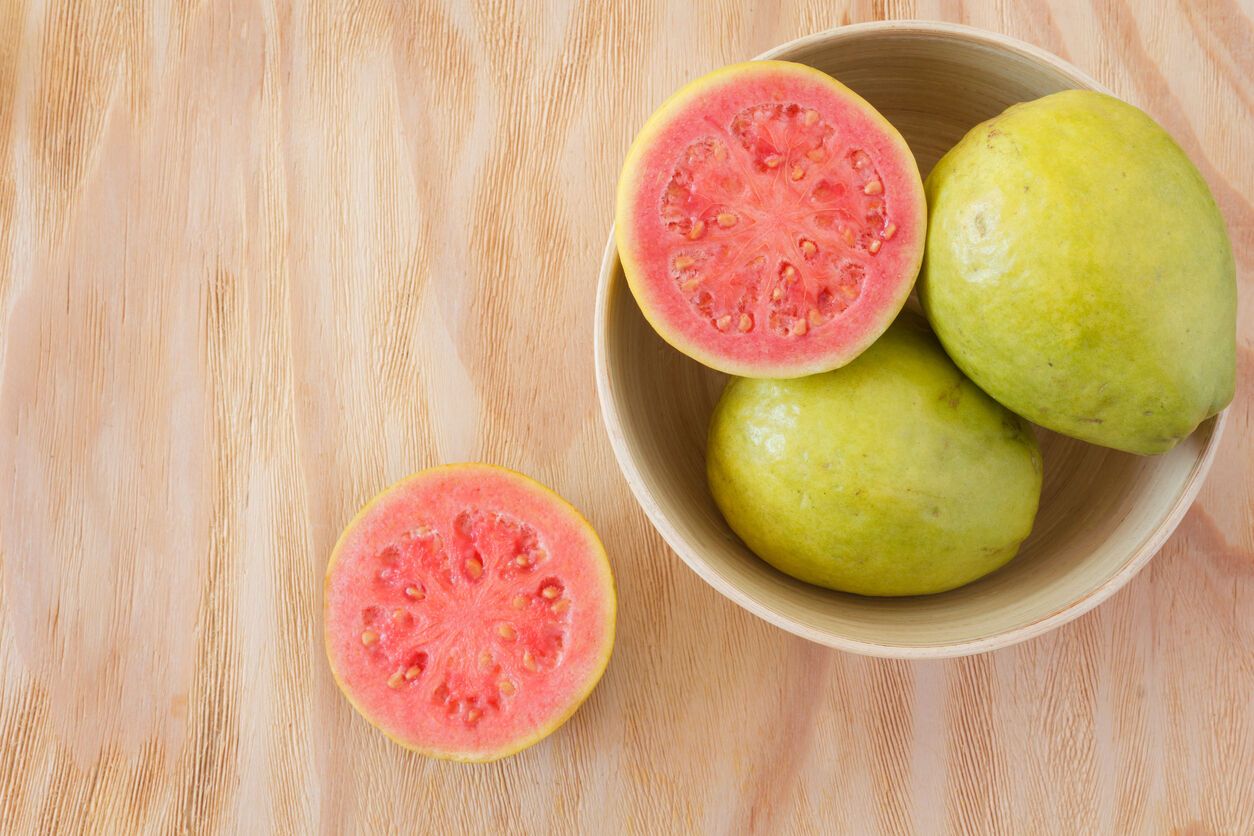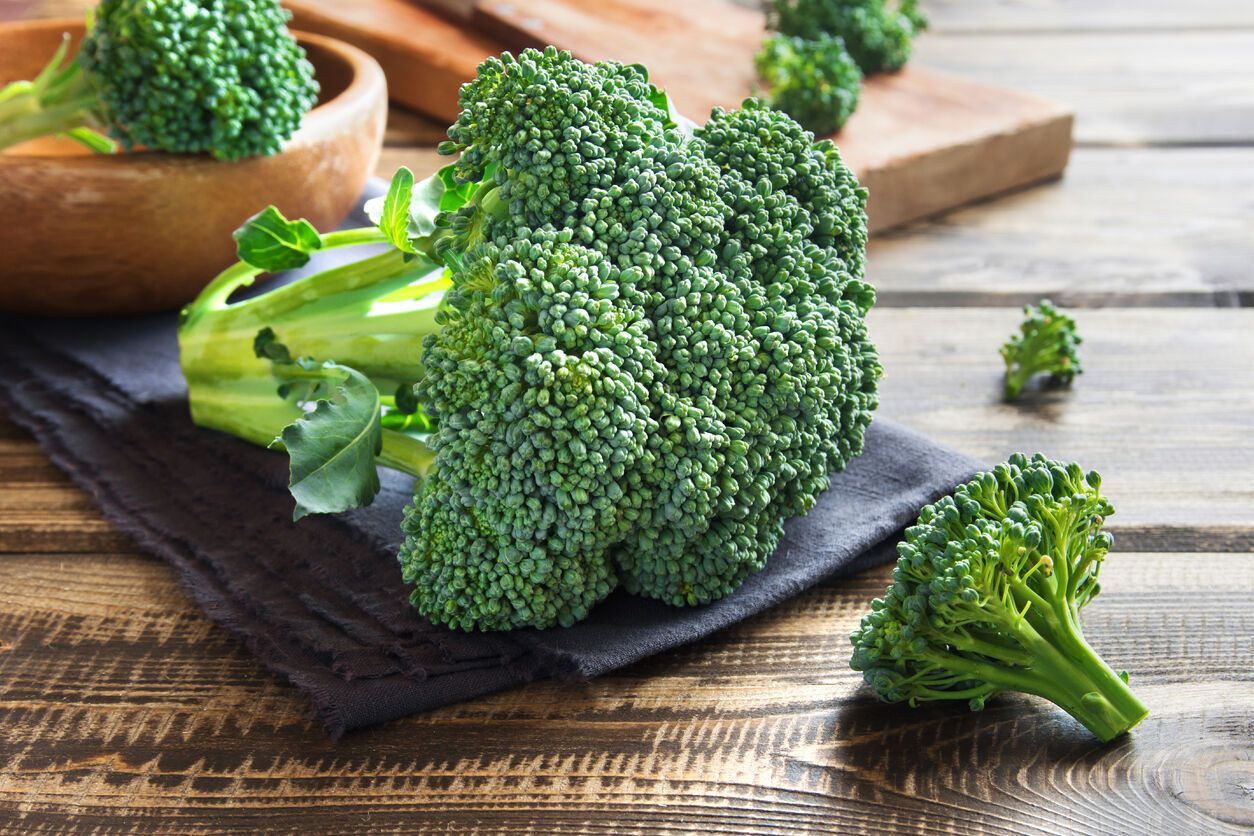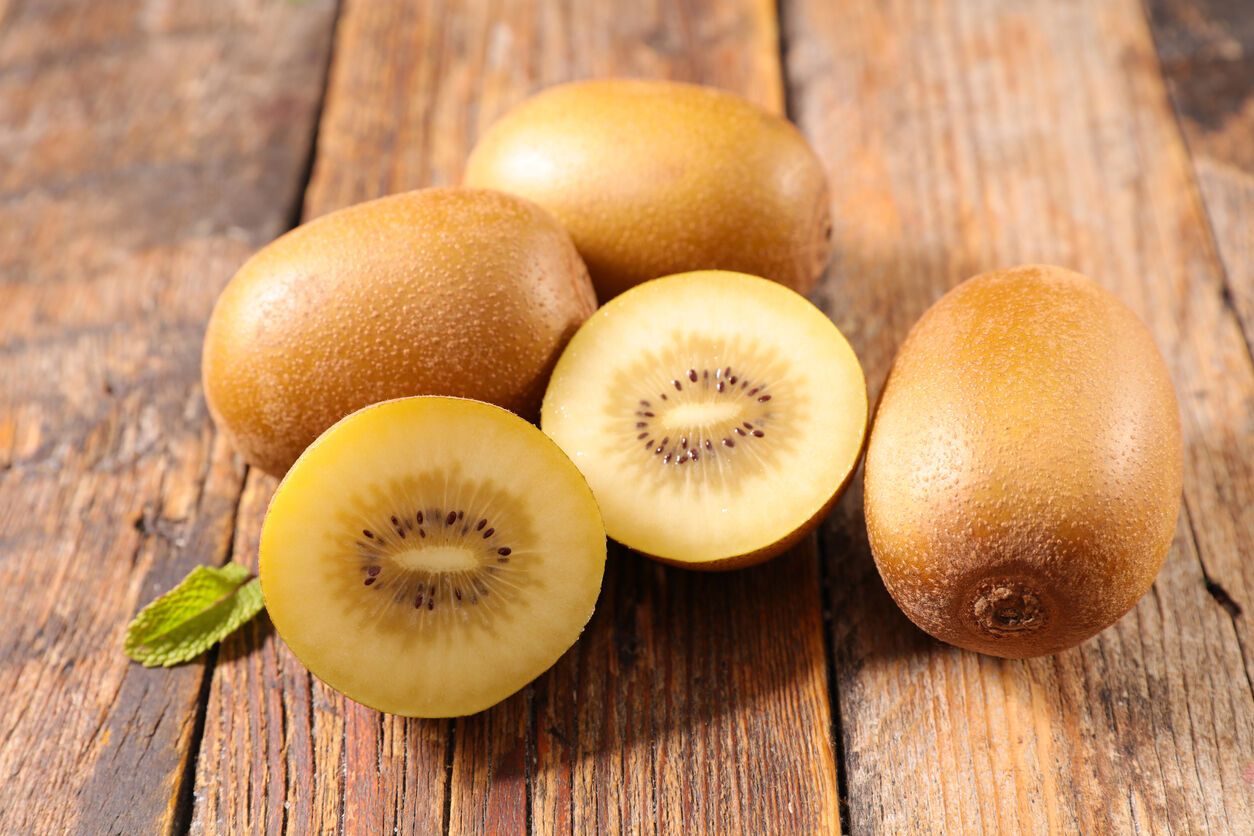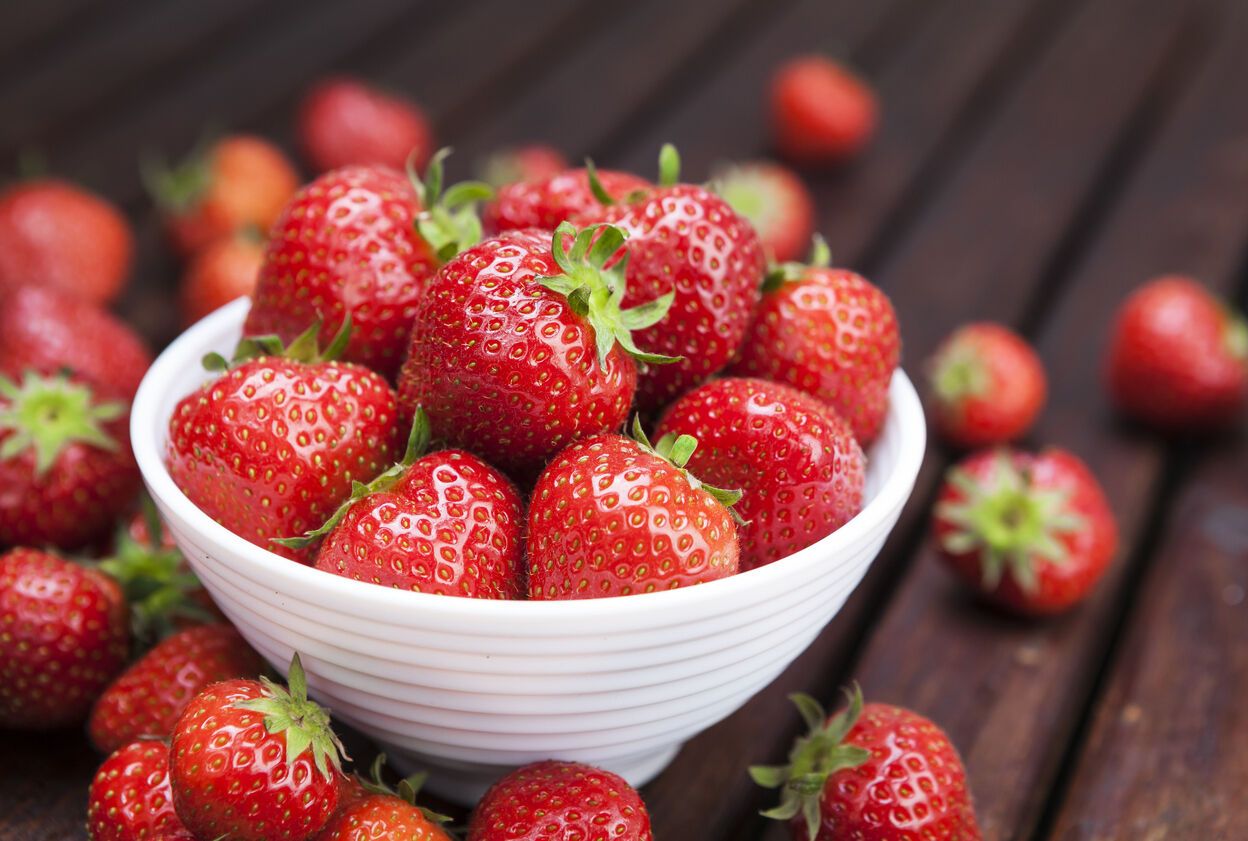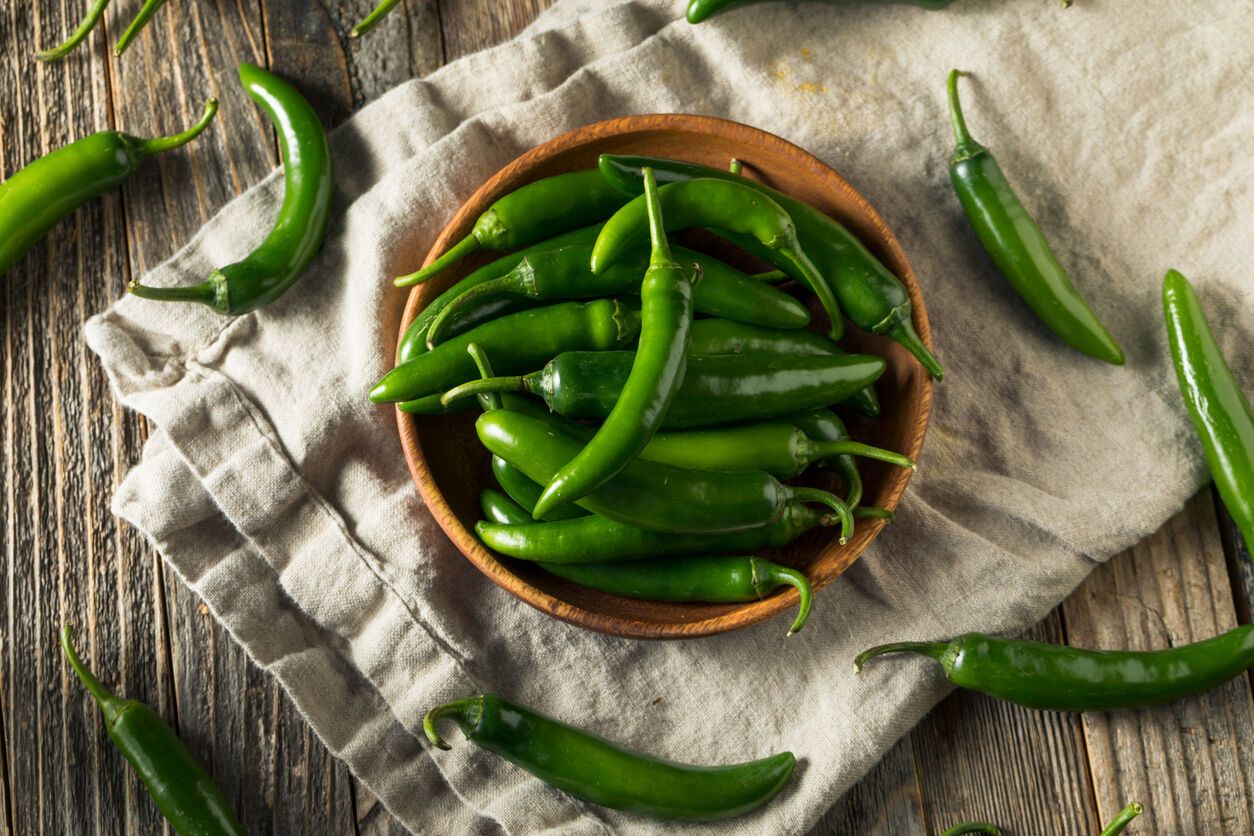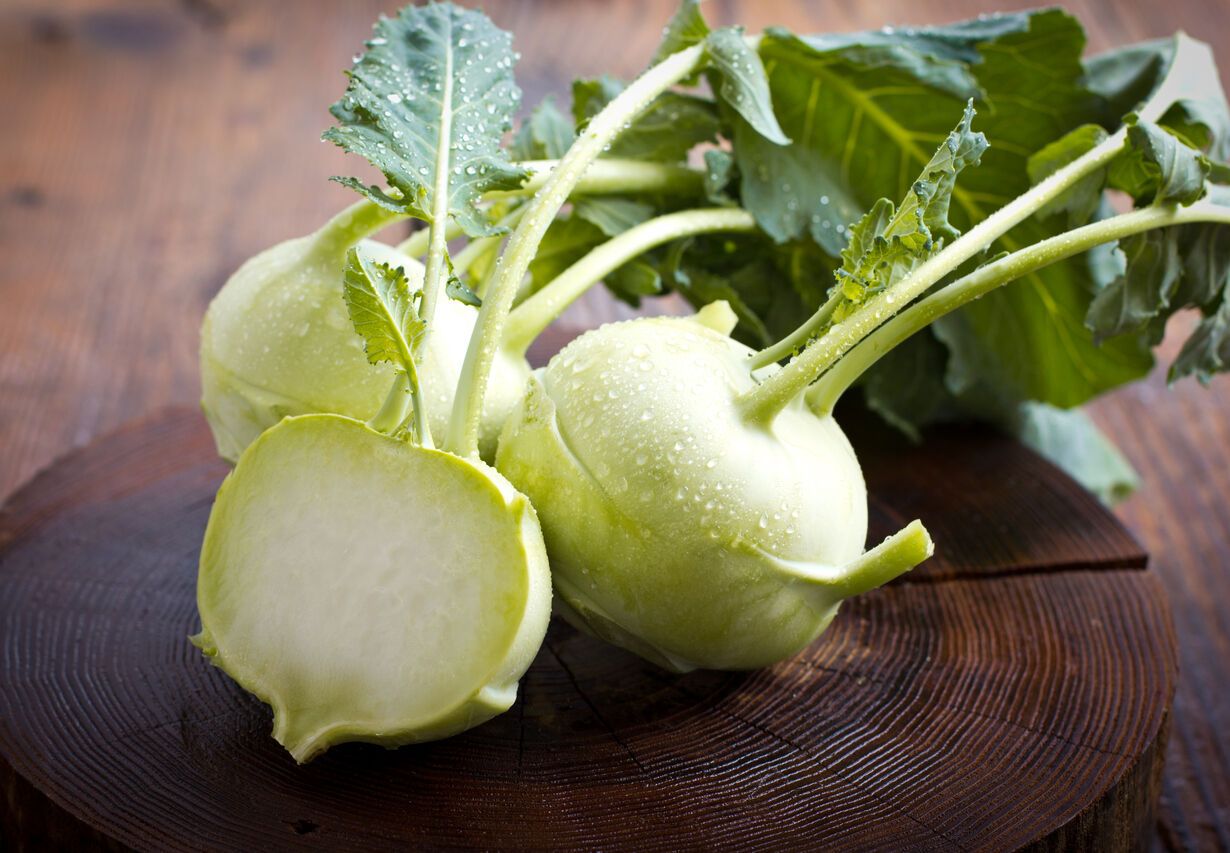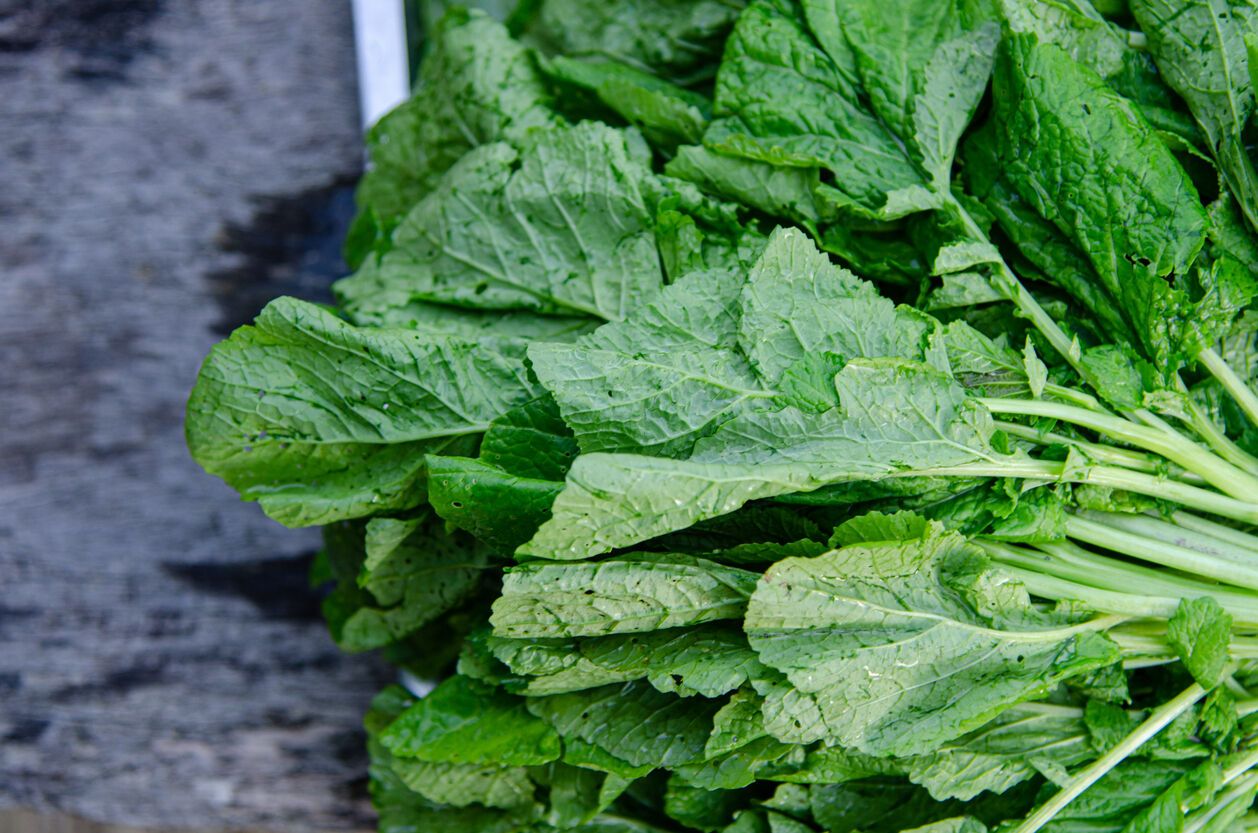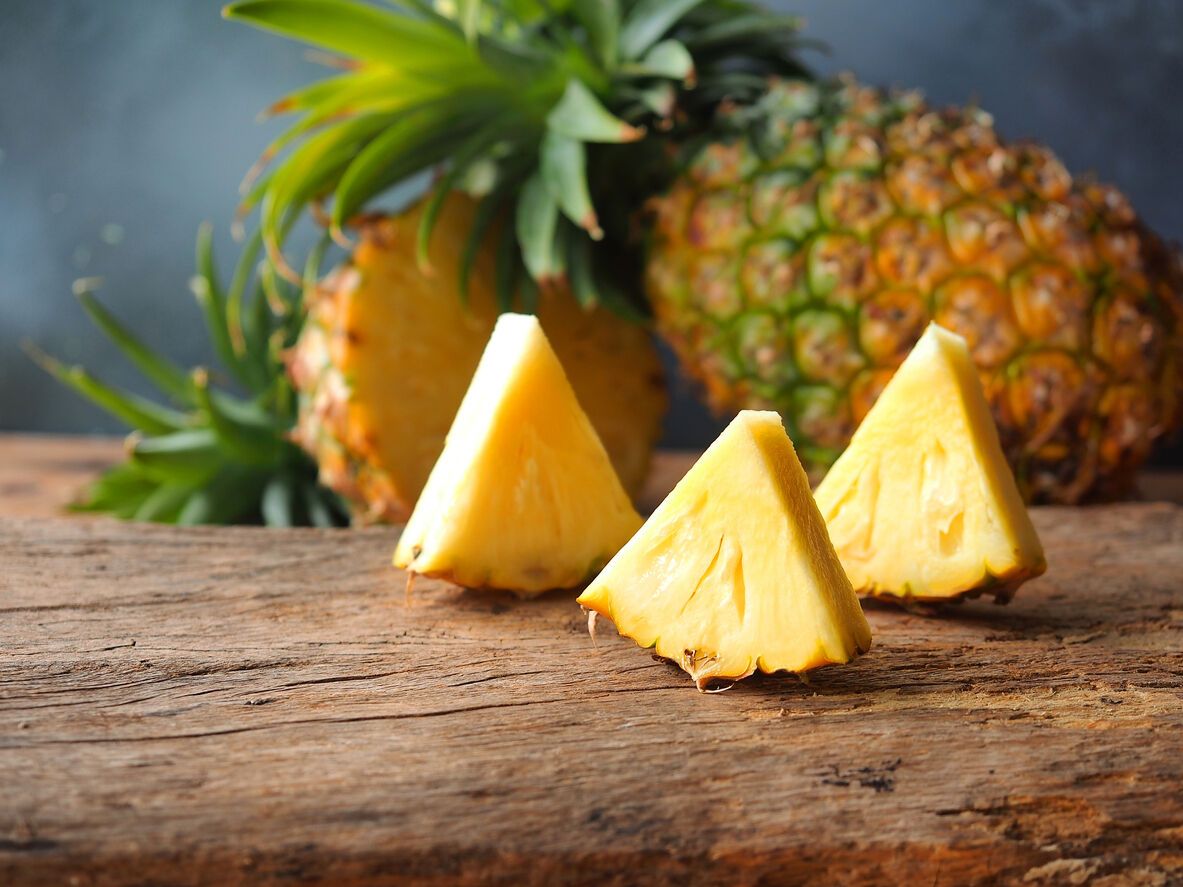LS Food
Not only oranges: 20 foods high in vitamin C are announced
Vitamin C is a water-soluble vitamin found in many foods, especially vegetables and fruits. This powerful antioxidant has a positive effect on the skin and immune system.
However, the human body is not able to produce it on its own, so it needs regular consumption with food.
"Vitamin C is one of the most important nutrients for overall health," says nutritionist Liz Weinandy of the Wexner Medical Center at The Ohio State University (USA).
Among the benefits of vitamin C is the reduction of harmful free radicals, making it an important tool for disease prevention, according to womenshealthmag.com.
In fact, it can play a vital role in reducing the risk of cardiovascular disease and even improving the quality of life of people with cancer, according to a study conducted by the National Institutes of Health (USA).
Another interesting fact about vitamin C is that it helps maximize the absorption of iron from plant foods and prevents anemia. With this in mind, try to combine it with foods such as lentils, spinach, or tofu.
The recommended daily allowance for men is 90 mg and for women 75 mg. Fortunately, it is quite easy to get your daily dose of vitamin C by knowing the foods that are high in it.
Lychee
The tropical flavor of these small fruits is reason enough to add them to your diet. In addition, they contain vitamin C (136 mg per 1 cup).
Brussels sprouts
Brussels sprouts are ultra-high in vitamin C (75 milligrams per serving) and can help boost brain health. Cook it in the oven or chop it into a salad for an amazing crunch.
Black currant
If you like the refreshing tangy flavor of blackberries, replace them with black currants, which contain almost seven times the amount of vitamin C at 203 mg per serving.
Mango
The good thing is that some of the sweetest fruits not only remind you of your favorite beach vacation but also turn out to be very nutritious. For example, one mango contains 75 mg of vitamin C.
Green peppers
If you don't like the sweet taste of red pepper, its green counterpart is another way to boost your immune system: 120 mg of vitamin C per serving.
Cauliflower
One small head of cauliflower contains as much as 128 mg of vitamin C. It's also a good source of fiber.
Oranges
One medium-sized fruit contains 70 mg of vitamin C. The high flavonoid content is also associated with a reduction in macular degeneration and heart disease.
Grapefruit
Tired of oranges? Grapefruit is an even more powerful disease-fighting agent. This zesty, tangy type of citrus contains 88 mg of vitamin C per medium fruit.
Tomato juice
Just one cup of 100% tomato juice contains a whopping 174 mg of vitamin C.
Cantaloupe
Refreshing cantaloupe (a type of melon) has a pleasant color, fruity aroma, and sweet taste. It is an excellent source of vitamin C, providing 48 mg of the antioxidant per serving.
Red pepper
This vegetable is colorful, crunchy, and incredibly low in calories. Half a cup of sliced peppers contains 95 mg of vitamin C.
Papaya
One cup of sliced fruit contains an impressive 88 mg of vitamin C. Papaya is also a good source of vitamin A and fiber.
Guava
Nothing reminds us of summer like tropical fruits. Guava contains an incredible 377 mg of vitamin C per cup. This is five times the recommended daily value for women!
Broccoli
Broccoli is good not only because of its vitamin C content (81 mg per cup of chopped vegetables), but also because it is an excellent source of protein (almost 3 grams).
Yellow kiwi
Pick up a yellow kiwi if you see it in the store. It contains 130 mg of vitamin C per fruit, which is twice as much as in traditional, familiar green-fleshed fruits.
Strawberries
One cup of sliced strawberries contains 98 mg of vitamin C.
Green chili peppers
One pepper contains 109 mg of vitamin C. In addition, studies show that adding it to your meals can speed up your metabolism.
Kohlrabi
If you're not familiar with kohlrabi, it's a type of garden cabbage with a crunchy texture. One cup contains 84 mg of vitamin C.
Mustard greens
Nutritionists always advise eating a wide range of foods to get a variety of nutrients. Try experimenting with mustard greens if you haven't cooked them before. Two cups (which will easily turn into one serving after sautéing) contain 78 mg of vitamin C.
Pineapple
Tropical fruits win again. One cup of pineapple slices contains 79 mg of vitamin C. It is also an excellent source of manganese.







